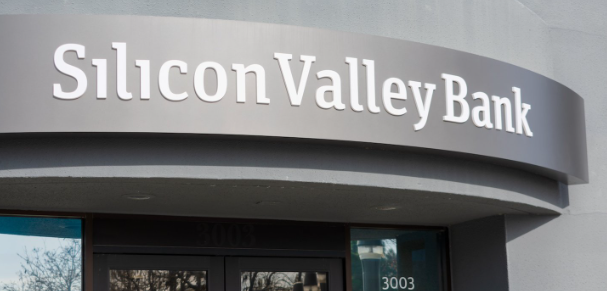From my perspective, the unfolding story of Silicon Valley Bank’s fall clearly demonstrates the risks of focusing too narrowly on specialized markets such as tech startups and VCs. It also highlights the incredible value of building trusted global networks of experienced leaders who will pitch in during a crisis.

By the time SVB closed for business on March 9th, Silicon Valley VCs and other SVB customers had attempted to withdraw $42 billion in deposits, according to The Wall Street Journal. The Federal Deposit Insurance Corp. seized the bank before it could open on March 10. The closure represents the second biggest bank failure in U.S. history behind the 2008 collapse of Washington Mutual.
For me, the SVB situation speaks less about the health of the financial system that it does about the downside of placing too many bets on a single aspect of the multi-faceted global economy. And it affirms my deep and sincere belief in the amazing power of relationships across markets, regions and industrial sectors.
Yesterday, Rishi Sunak, Prime Minister of the United Kingdom, offered a powerful lesson in the value of trusted relationships and world-class leadership that strongly reflects the tenets of our core business model here at HMG Strategy. Here’s an excerpt of PM Sunak’s post on his LinkedIn page:
“We have worked urgently over the weekend, listening to stakeholders and developing an appropriate solution to provide Silicon Valley Bank UK customers with confidence and security.
I am pleased to be able to say we have reached a resolution.
The good news is, customers of SVB UK will be able to access their deposits and banking services as normal from today.
That’s because Silicon Valley Bank has been sold to HSBC. HSBC is headquartered in London, is the largest bank in Europe and is one of the world’s largest banking and financial services institutions, serving 39 million customers globally.
This transaction has been facilitated by the Bank of England, in consultation with the HM Treasury and Jeremy Hunt, using powers granted by the Banking Act 2009.
No taxpayer money is involved, and customer deposits have been protected.”
The prime minister also reminded us of his Silicon Valley background. “I’m often painted as some kind of tech geek. That’s a label I’m actually proud of,” Sunak wrote in his post. “I will always be on the side of entrepreneurs, innovators, young people inventing the future.”
This is a compelling example of genuinely great leadership and having the necessary global perspective. Sunak didn’t wait – he quickly reached out to his network, and he acted decisively to make sure his constituency would not be harmed.
It’s my belief that the HMG global community of 500,000+ business technology executives, search executives and VCs stand alongside global leaders such as PM Sunak to build a better way forward on a global scale. HMG Strategy is the global super-connector for building strong global relationships and partnerships and can provide value not only to Silicon Valley VCs and enterprise start-ups but to the global technology and business community at large.
Here’s another sign of strength in the storm: More than 300 VC firms have vowed to support SVB if the bank is purchased and “appropriately capitalized,” according to an CNBC report. “Venture firms including Accel, Cowboy Ventures, Greylock, Lux Capital, and Sequoia were among the 325 firms who had signed the letter as of Saturday evening in California, expressing a willingness to work again with SVB under new ownership,” CNBC reported. Additional HMG Strategy Venture Capital Partners that have signed the pledge include GTM Capital, Lightspeed Venture Partners and Menlo Ventures.
We’re all hoping for a quick and equitable conclusion to this story. Yet it’s important not to ignore the critical problems that led SVB to its demise. I believe that if SVB had developed a deeper and more global understanding of how finance works in the 21st century, it might have averted its fate. If there’s one overarching lesson that I’ve learned over my long career, it’s that relationships truly matter – especially in difficult times.


